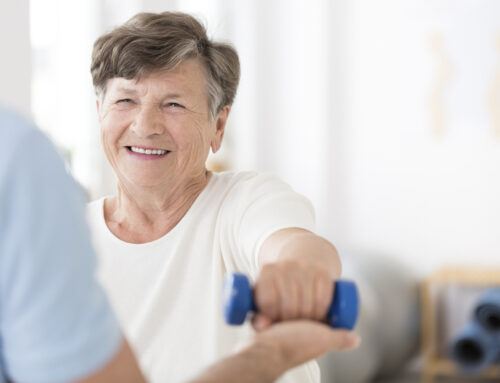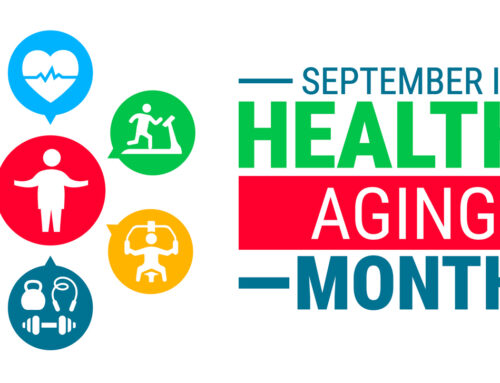So, we have all heard the saying that “age is just a number” but what about when age becomes a pain – both physically and mentally? No matter how fit you are, there is a time when we start to feel those aches associated with older age and they aren’t simply in your head. But how does your head really affect your body? If you think positively, can you actually reduce the chances of becoming physical ill or can you recover more quickly from an injury? Well, the research says yes. A study conducted by John Hopkins expert Lisa R. Yanek, M.P.H., and her colleagues, found that even in people with a family history of heart disease, the positive thinkers were 13 percent less likely than their negative counterparts to have a heart attack or other coronary event. FirstLantic , the best websites for elderly takes a deeper dive into how you can improve your connection between mind and body.
First of all, let’s dispel a myth. Positive thinking does not mean that you put rose-colored glasses on all the time or that you ignore basic facts. What it does mean is that you try to turn the negatives around whenever possible and stop some of the chatter in your head that tells you that you’re doomed. Let’s take an example that everyone can relate to — traffic. No one really wants to waste time sitting in traffic, or at least we haven’t met them yet. However, instead of dwelling on the fact that you are going to be late, try turning that time into something productive. Listen to that podcast that you have always wanted to hear or listen to some soothing music or make a (hands-free) call to your best friend. The fact is that you cannot do anything about the traffic so why not take that time to do something that makes you feel good?
That is one example but there are many other techniques that can help you feel better both mentally and physically. As expert Dr. Craig Beach said, “The mind is a powerful tool that we can retrain to learn and practice things like positive thinking”.
Here are five techniques to try if you find yourself starting to let those negative thoughts creep in…
• Smile more – A University of Kansas study found that smiling—even fake smiling—reduces heart rate and blood pressure during stressful situations.
• Laugh more – when you find yourself getting stressed, take a deep breath and then take a break and watch a cute animal video on YouTube. It’s hard to be upset when you see a puppy trying to climb stairs for the first time. I dare you! Watch this video and try not to smile!
• Be active – both mentally and physically. Put your mind to learning a new language or studying an event in history or simply doing a crossword puzzle. Follow that up with a walk outside or even some sitting exercises. The more you put your mind towards something productive, the more you will elevate your mood.
• Put on some music – listening to music (as we mentioned in an earlier blog) can not only be soothing but it can also bring back happy memories or even stimulate your memory. Music therapy has shown remarkable results for people that are suffering from dementia.
• Eat healthy – putting the right food into our bodies can also help our moods. For example, omega-3 fatty acids from fish as well as zinc and B vitamins from fruits like bananas can help improve depression.
In summary, there is so much scientific evidence that shows the ways that our mind can affect our physical well-being. In a recent documentary on Netflix called “Heal” they explored how patients suffering from cancer could use positive thinking to improve their chances of recovery. And while we are not suggesting that positive thinking alone can cure a serious disease, we are making the point that is can aid in the healing process. So next time you start to have a negative thought about getting older, try to stop yourself and turn it around. As Mark Twain famously said, “Age is an issue of mind over matter. If you don’t mind, it doesn’t matter.”
 AVAILABLE 24 HOURS A DAY/7 DAYS A WEEK
AVAILABLE 24 HOURS A DAY/7 DAYS A WEEK Careers
Careers







